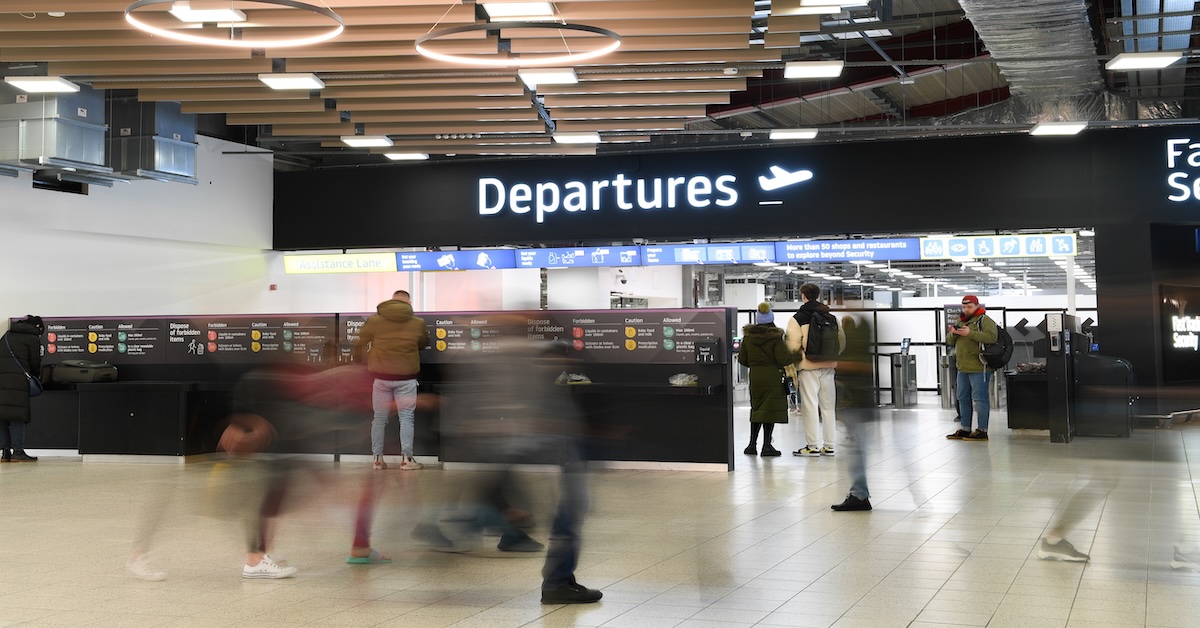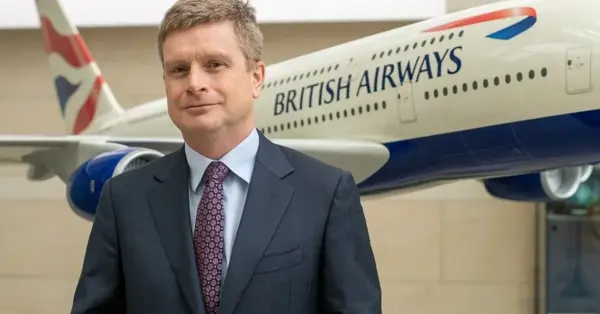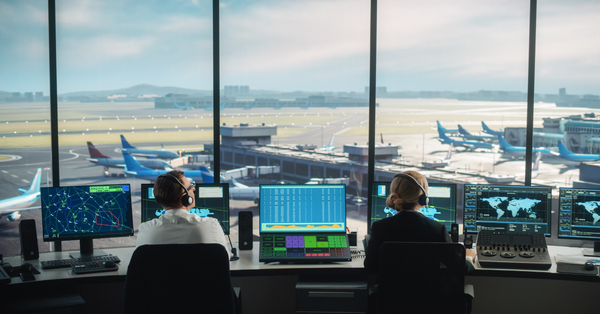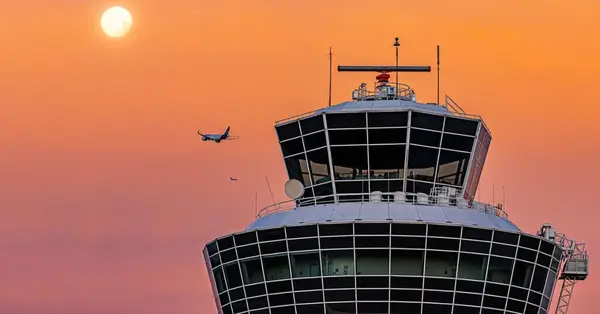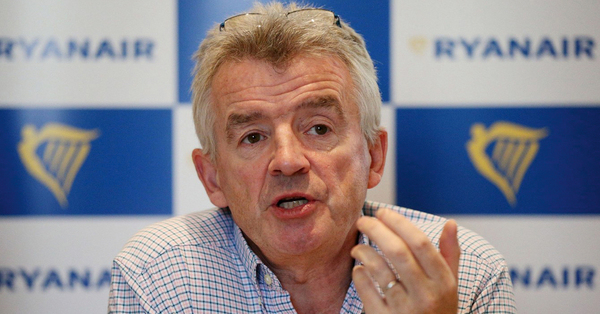Ryanair suffers 18% half year profits hit amid Boeing delivery delays warning
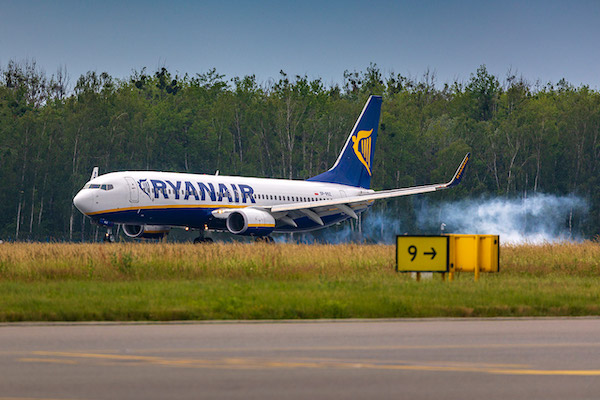
Ryanair warned that the risk of further aircraft delivery delays “remain high” as Europe’s largest airline reported an 18% dive in half-year profits.
Net profit at the no-frills carrier fell year-on-year to €1.79 billion as strong traffic growth of 9% to 115 million passengers was offset by lower airfares, which declined 7% in the peak summer second quarter.
Average fares fell 10% across the two quarters to the end of September, attributed to a squeeze on consumer spending and a drop in bookings from OTAs ahead of the summer.
More: Ryanair makes business travel play with Concur Travel
Classic incorporates Ryanair flights to boost city breaks range
Ryanair launches three new Liverpool routes for winter 2024
This triggered “more price stimulation than originally expected,” group chief executive Michael O’Leary admitted.
“Many customers are switching to Ryanair for our lower air fares. As a result, we are capturing record share gains across most markets,” he said.
“Traffic, despite repeated Boeing delivery delays, grew 9% to 115 million while ancillary revenues were resilient, rising 10% to €2.74 billion.
“While modest delay compensation was received in H1 – mainly maintenance credits – this does not offset the substantial impact of a five million-plus passenger shortfall due to these delivery delays.”
The airline now expects the delivery of nine new Boeing 737s to slip into the fourth quarter of its financial year due to a strike at Boeing which has lasted almost two months.
Ryanair had 172 of the new generation aircraft in its fleet by October 31, but O’Leary said: “While we continue to work with Boeing leadership to accelerate aircraft deliveries ahead of peak summer ’25, the risk of further delivery delays remains high.”
The carrier’s growth target for next year has been downgraded to 210 million passengers from 215 million “to reflect these delivery delays, as we wish to avoid being over-scheduled, over-crewed and over costed as we were in summer ’24,” O’Leary said.
More than 90% of capacity for next summer is on sale, including 165 new routes.
But O’Leary warned that Ryanair would continue to reallocate capacity and growth to regions and airports who are investing in growth by cutting or scrapping aviation taxes such as Sweden, Hungary and various Italian regions or who are incentivising traffic growth. This followed his attack on the UK government’s hike in Air Passenger Duty which will see capacity from British airports cut by up to 10% next year.
Ryanair continues to target between 198 million and 200 million passengers in the current financial year – an eight per cent annual rise – subject to no worsening of current Boeing delivery delays.
“Forward bookings suggest that Q3 demand is strong and the decline in pricing appears to be moderating,” O’Leary said.
He reiterated repeated calls for action to improve Europe’s “hopelessly inefficient” air traffic control service after airlines suffered what he described as a summer of record ATC delays due to staff shortages and repeated equipment failures.
“This can be achieved by properly staffing Europe’s ATC providers, especially for the morning/first wave departures and protecting overflights during national strikes which would deliver dramatic punctuality and environmental benefits for EU air travel and our citizens,” he said.
The final outcome for the airline’s full financial year “will be subject to avoiding adverse developments during the remaining five months, especially given the risk of conflicts in Ukraine and the Middle East, repeated ATC short-staffing and capacity restrictions, and/or further Boeing delivery delays,” he cautioned.
- Budget rival Wizz Air saw October carryings rise by 4/1% year-on-year to 5.6 million passengers.
Seat capacity was up by 3.7%, despite Pratt & Whitney GTF engine-related groundings, resulting in a load factor of 92.9%.
You have viewed both of your 2 free articles this month as an unregistered user
To continue reading, please register with Travel Weekly free of charge, or if you have already registered click here to login



